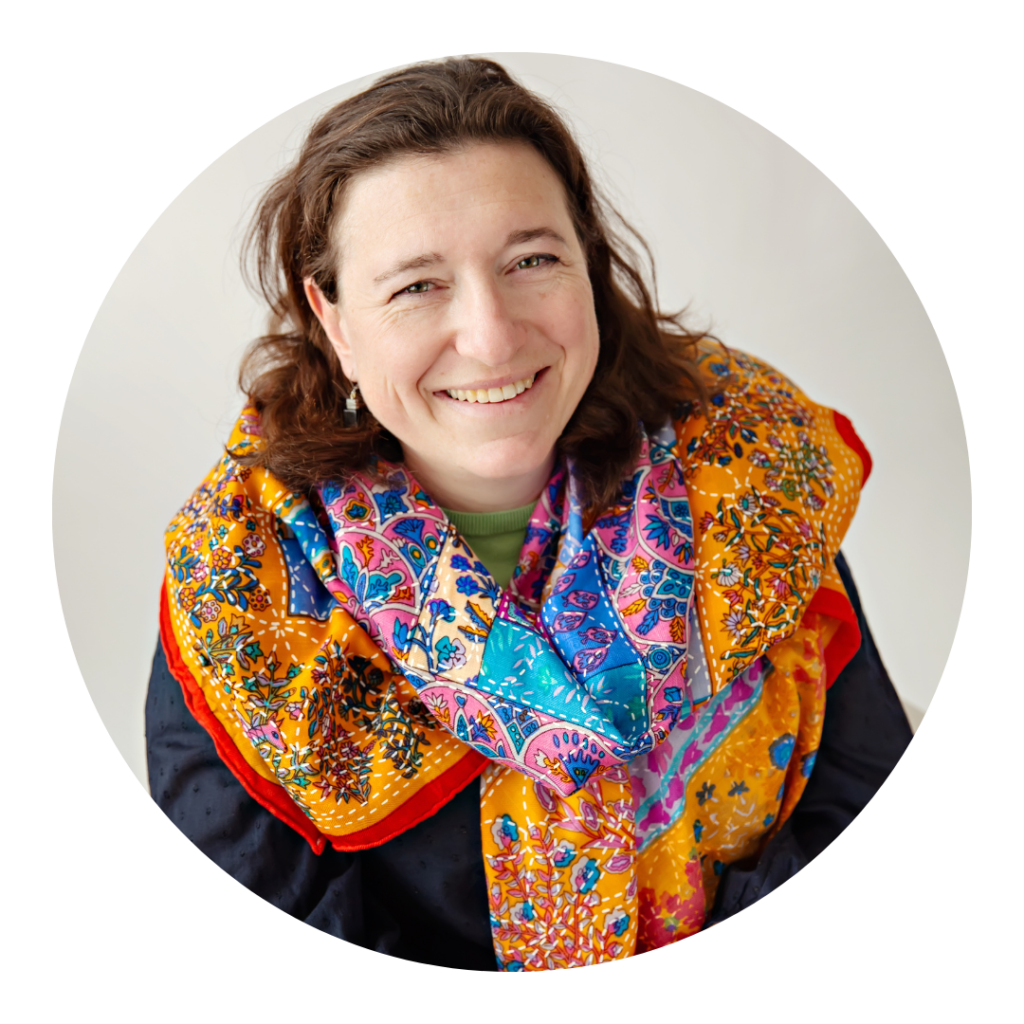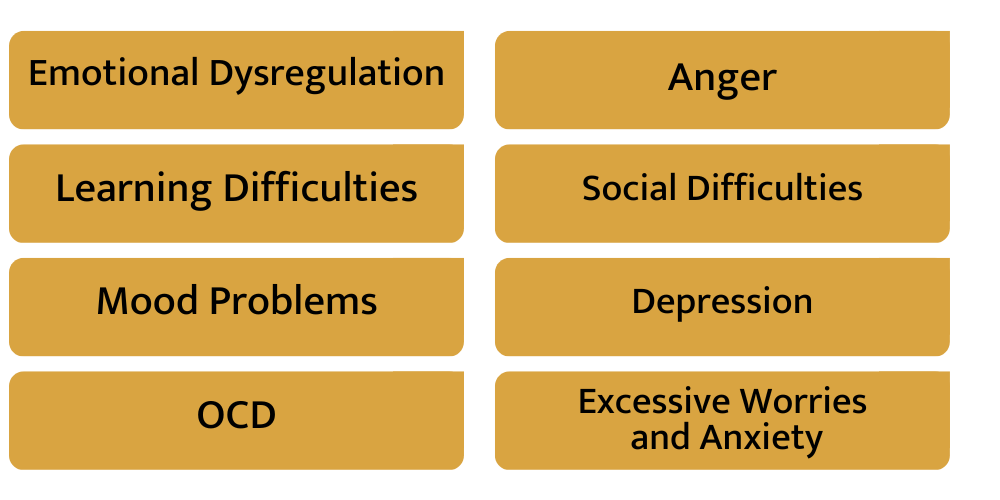
Client Focus
Individual therapy for:

Types of Therapy

Issues

Many young people are referred for psychological services because their parents or teachers want to know how to best support them at home or at school. Although many young people know that they need help, they might have doubts about the process. Uncertainty often accompanies the first step, and in my initial meetings I focus on creating a safe and inclusive space. My work is best defined as client centered approach that integrate several frameworks, including cognitive-behavioural and acceptance commitment approaches. My sessions are designed to be engaging and collaborative, providing a space where young people can learn to navigate their emotions, set achievable goals, and feel brave about handling tough stuff. I work together with clients to explore strategies to address specific needs and to work together toward specific goals. I strongly believe in the role of family in children’s well-being. When it is appropriate and helpful for the young person’s goals and well-being, I encourage caregivers’ involvement in some aspects of therapy. This collaborative approach ensures that support extends beyond the therapy room, reinforcing progress and promoting resilience.
I am a Clinical and School Psychologist registered with the College of Psychologists of Ontario (CPO). I graduated from School/Applied Psychology at McGill University with a doctoral degree. My training included internships at the Jewish General Hospital in Montreal and the Children’s Hospital of Eastern Ontario in Ottawa, providing assessment and psychotherapy services to children and teens with an array of mental health and learning conditions, including ADHD, ASD, Learning Disabilities, Fetal Alcohol Syndrome, Depression, Anxiety, Eating and Sleeping Difficulties, trauma experiences and health conditions. Since moving to Waterloo Region in 2015, I have been combining part-time teaching at local universities (University of Waterloo and Wilfred Laurier University) and clinical work (assessments and interventions).
A quote that often guides me is by one by Victor Frankl, a psychotherapist, and a Holocaust survivor, who lived his life by his words: “When we are no longer able to change a situation, we
are challenged to change ourselves.”


